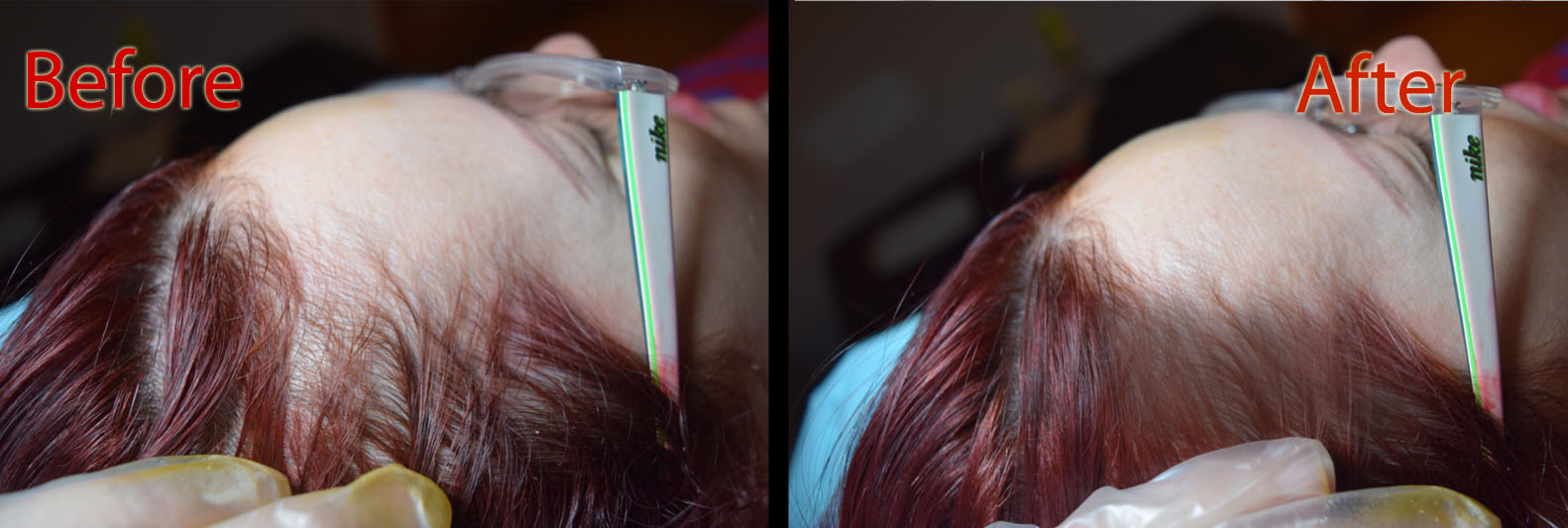Hair loss is a common concern for many people, and various factors can contribute to it. While genetics plays a significant role, nutritional deficiencies can also affect hair health. Several vitamins for hair growth can help stem hair loss if nutritional deficiencies are the culprit.
Key Vitamins for Hair Growth
Biotin
Biotin, also known as vitamin B7, is crucial for healthy hair growth. It is a coenzyme involved in the metabolism of fatty acids and amino acids, which are essential building blocks for hair. A biotin deficiency can lead to hair loss, brittle hair, and skin rashes.
A study published in the International Journal of Trichology found that biotin supplementation was effective in improving hair growth and reducing hair loss in individuals with biotin deficiency.
Besides, biotin supplementation could benefit individuals with alopecia, a type of hair loss.
D Vitamin for hair loss
Vitamin D is essential for various bodily functions, including hair growth. It helps regulate calcium and phosphorus levels, which are important for healthy hair follicles. Unfortunately, Vitamin D deficiency can cause hair thinning and loss.
A study published in the Journal of Investigative Dermatology found a correlation between vitamin D deficiency and alopecia areata, an autoimmune condition that causes hair loss.
Iron
Iron is a vital mineral for hair growth. It plays a crucial role in the formation of red blood cells. RBCs are responsible for transferring oxygen to hair follicles. If you are deficient in iron, hair loss, fatigue, and weakness are common symptoms.
A study published in the Journal of Clinical and Experimental Dermatology found a correlation between iron deficiency and alopecia. Iron supplementation has been shown to improve hair growth in individuals with iron deficiency anemia.
Zinc
Zinc is another essential mineral for hair growth. It is involved in the production of proteins and enzymes that are important for hair follicle health. A zinc deficiency is often blamed for hair loss and other skin problems.
One study published in the Dermatology Online Journal found that zinc supplementation was effective in improving hair growth in individuals with alopecia areata.
Vitamin C
Vitamin C is an antioxidant that helps protect cells from damage. It helps collagen production, a protein that provides structure to hair follicles.
According to a study published in the Journal of Nutritional Biochemistry, vitamin C supplementation could improve hair health and reduce hair breakage.
Scalp Micropigmentation: A Solution for Hair Loss
For individuals with significant hair loss, scalp micropigmentation can be an effective solution.
SMP involves the application of tiny pigment dots to the scalp to mimic the appearance of shaved hair. The procedure uses special SMP pigment for disguising hair loss and improving self-esteem.
Since SMP tries to mimic natural follicles, it helps create a realistic appearance of shaved hair. Being a non-surgical procedure, it has minimal downtime and long-lasting results.
While nutritional deficiencies can contribute to hair loss, it is important to consult with a healthcare professional to determine the underlying cause of hair loss. In addition to addressing any nutritional deficiencies, you may consider other treatments such as scalp micropigmentation for hair loss due to other reasons.
Don’t forget to find a scalp expert in Arizona for your scalp job. An Arizona SMP professional has the experience and skills to create the results you desire, depending on your scalp problem and expectations. Get help from top scalp technicians at DermiMatch Clinic.

